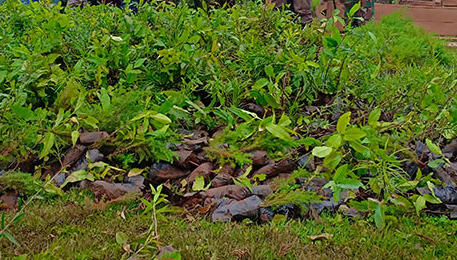×
The Standard e-Paper
Home To Bold Columnists

The Kenya Wildlife Service (KWS) and researchers have come up with a new and innovative way of planting trees in national parks and reserves as one way of increasing forest cover.